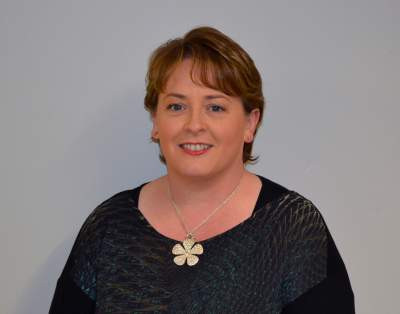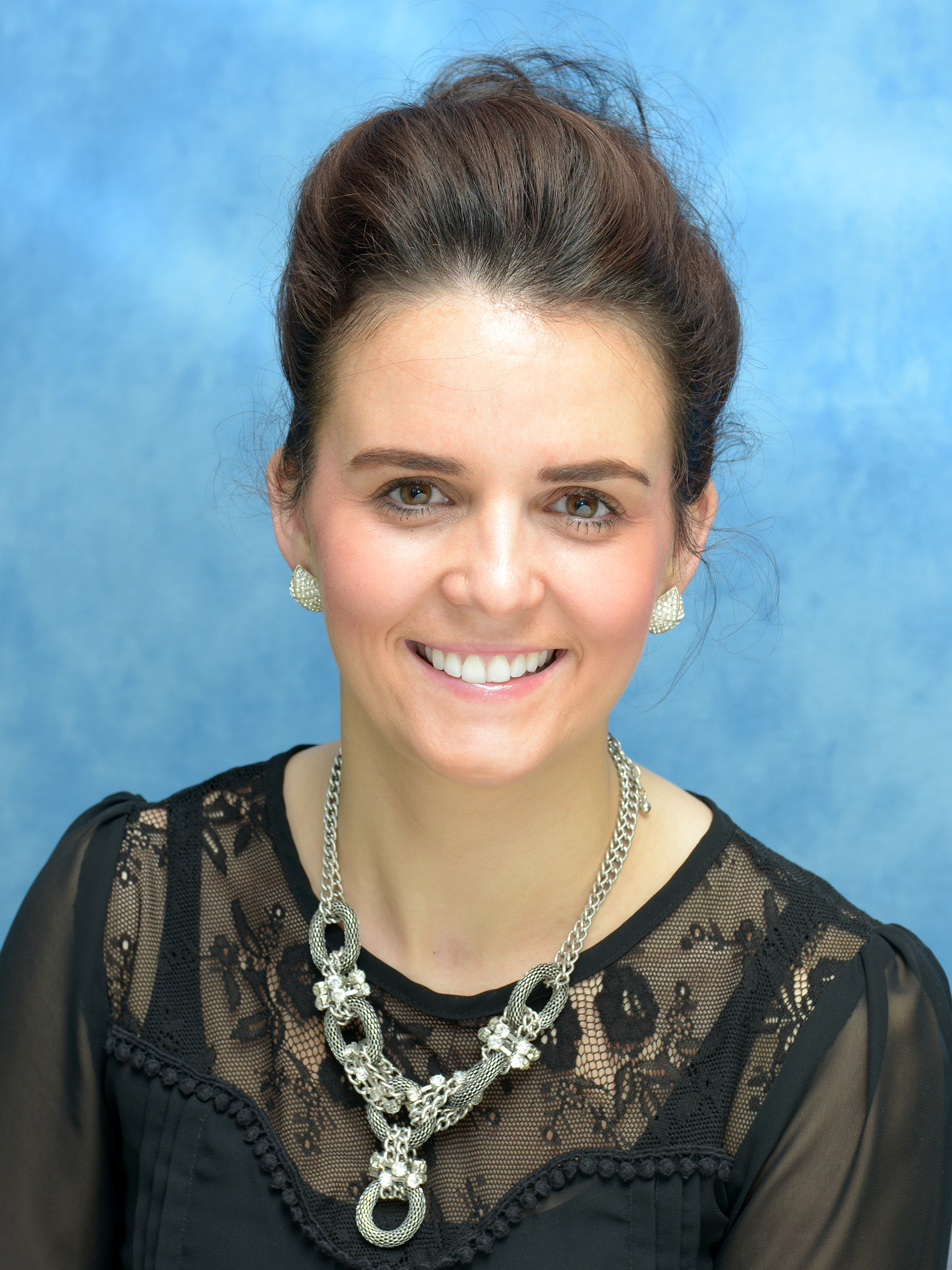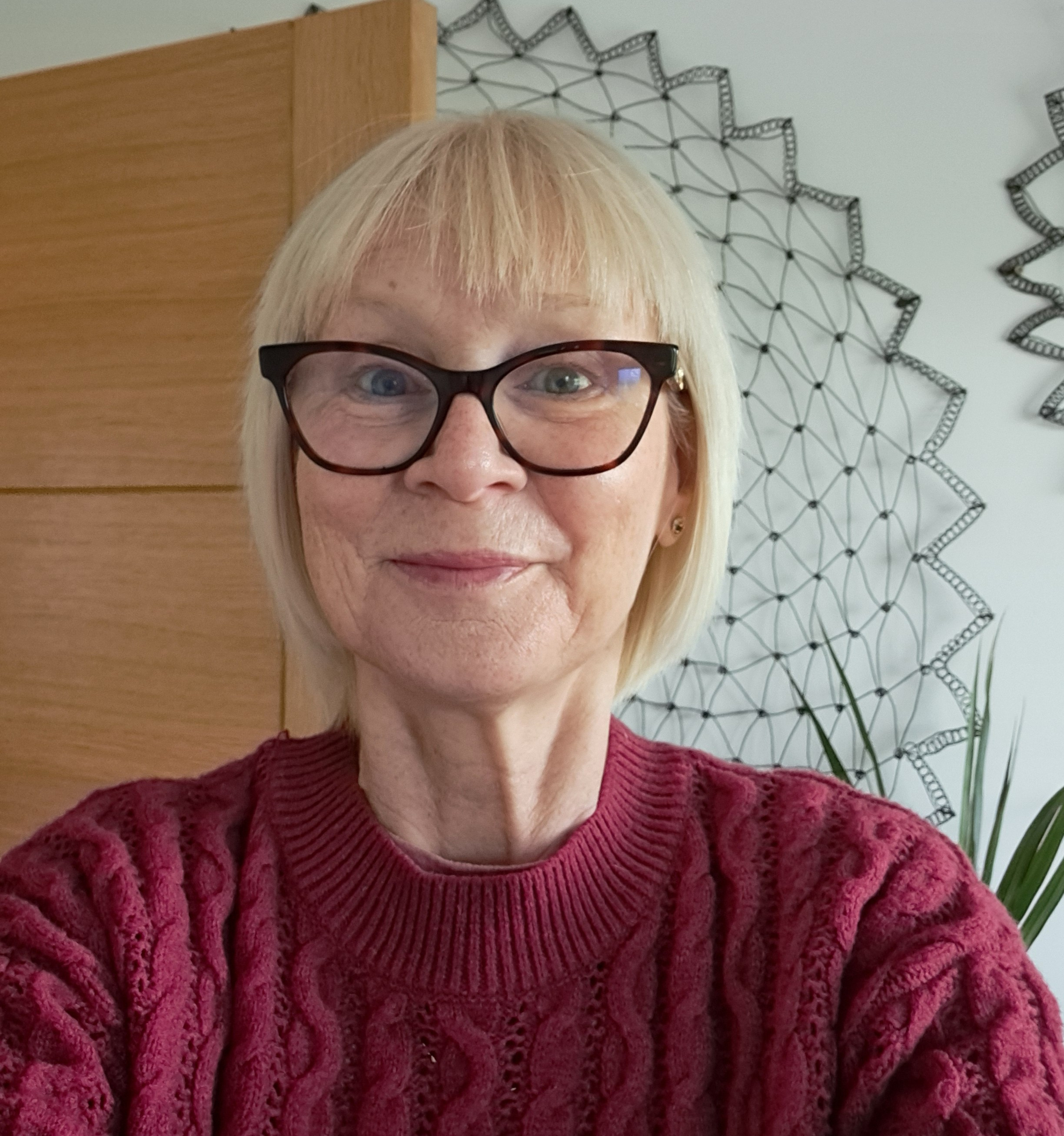Package summary
Start Date
End Date
Notes
Courses in package
Autism, Learning Style, and the Impact of Visual Teaching Methods
Event summary
Date
Start Time
End Time
Holywell Educate Together National School, Swords, Dublin
Booking closes
Autism, Learning Style, and the Impact of Visual Teaching Methods
Visual strategies are widely used when working and living with autistic children and young people, as they:
• Complement the learning style of many autistic children, young people and adults
• Can be introduced alongside other intervention strategies.
• Are adaptable, portable and can be used in most situations.
The use of visual strategies can have a notable impact on how an autistic child experiences family, community, and school life, as they help to clarify expectations and make abstract concepts more concrete. Visual strategies support children as they develop effective communication, appropriate social interaction, and positive behaviour skills, as well as accessing the curriculum.
This session will cover why visual teaching methods work. Professionals and parents will become more familiar with how their input will reflect a sound evidence base and be more able to adapt the school or home environment and individualised tasks to meet the needs of the child, in order, to enhance learning, play or leisure skills and social interactions.
Expected Outcomes
• Understand the importance of visual teaching methods.
• Understand how visuals will improve the learning of the child and his or her experiences
• Develop some visual strategies that can be used to support the child
• Why visuals work for autistic children.
• Using visuals in school or the family home
• How to develop visuals and implement visual strategies.
Notes
Location
Holywell Educate Together National School
Get Directions
Majella Nugent
Majella’s training specialism is Relationship and Sexuality Education, Transitions and Special Education Needs. Majella has contributed to the development of the curriculum as a Professional Associate with CCEA for learners with MLD and co-ordinated specialist trainings including Transition to Higher Education (Ulster University and Trinity College Dublin), 16+ Education and Employment, and Sibling trainings. Majella is an Associate Lecturer on the Post Graduate Certificate with Mary Immaculate College Limerick.
Autism and Communication
Event summary
Date
Start Time
End Time
Holywell Educate Together National School, Swords, Dublin
Booking closes
Autism and Communication.
Communication is a multi-faceted, complex interaction involving mastery in many of the following,
• Understanding non-verbal cues
• Command of tone of voice
• Command of facial expressions
• Understanding different purposes of conversation
• Sense of humour
• Familiarity with social courtesies
• Making the abstract concrete
• Visual structure and predictable routines
• Activities that provide support for language abilities
• Interactions that provide focus on peers and self-awareness
• Generalisations.
Therefore, communication can be challenging for many autistic children.
Many wish to be socially interactive, make friends and form relationships, be included within the classroom and wider community, but find it difficult because of the many social conventions needed to achieve effective communication.
Autistic children, experiencing such difficulties, may find it hard to understand the messages being given, such as the meaning others put into their voice, the expressions on their faces, and gestures such as waving, pointing or shrugging
Participants will have an increased understanding of
• How communication is defined.
• Communication difficulties
• Best practices in supporting the child in the classroom, family home and wider community.
• The importance of visual information as it remains available long enough to enable the child to focus on it or return to it as needed to establish memory for the message it is communicating.
• Visual tools provide a non-transient foundation for more effective communication.
• How to use the strengths of the autistic child to help him or her communicate effectively.
Notes
Location
Holywell Educate Together National School
Get Directions
Tracey McGovern
Autism and Sensory Processing
Event summary
Date
Start Time
End Time
Holywell Educate Together National School, Swords, Dublin
Booking closes
Autism and Sensory Processing
Sensory processing refers to the ability of a child to register, interpret and respond to sensory information. This is a complex process involving all the sensory systems, auditory, gustatory, visual, olfactory, tactile, proprioceptive, vestibular, and interoception. When sensory processing is working well, a child can engage in daily functional activities and social interaction. Sensory processing differences are prevalent in autistic children and can affect every aspect of life and development.
This session examines the sensory processing differences experienced by many autistic children and will demonstrate how such differences impact on learning, play, social interactions, and behaviour for the primary school aged child.
Participants will:
• Develop an understanding of the sensory processing differences.
• Understand how sensory processing differences can affect the child’s experience at school.
• Understand how sensory processing differences can influence the child’s participation in daily activities.
• Develop an understanding of general intervention strategies to accommodate sensory processing differences in daily activities at school and beyond.
• How sensory processing differences can present in an autistic child.
• Intervention strategies to address sensory processing differences in school or the family home.
Notes
Location
Holywell Educate Together National School
Get Directions
Aideen Ruttledge
Autism and Anxiety Management
Event summary
Date
Start Time
End Time
Holywell Educate Together National School, Swords, Dublin
Booking closes
Autism and Communication.
Communication is a multi-faceted, complex interaction involving mastery in many of the following,
• Understanding non-verbal cues
• Command of tone of voice
• Command of facial expressions
• Understanding different purposes of conversation
• Sense of humour
• Familiarity with social courtesies
• Making the abstract concrete
• Visual structure and predictable routines
• Activities that provide support for language abilities
• Interactions that provide focus on peers and self-awareness
• Generalisations.
Therefore, communication can be challenging for many autistic children.
Many wish to be socially interactive, make friends and form relationships, be included within the classroom and wider community, but find it difficult because of the many social conventions needed to achieve effective communication.
Autistic children, experiencing such difficulties, may find it hard to understand the messages being given, such as the meaning others put into their voice, the expressions on their faces, and gestures such as waving, pointing or shrugging
Participants will have an increased understanding of
• How communication is defined.
• Communication difficulties
• Best practices in supporting the child in the classroom, family home and wider community.
• The importance of visual information as it remains available long enough to enable the child to focus on it or return to it as needed to establish memory for the message it is communicating.
• Visual tools provide a non-transient foundation for more effective communication.
• How to use the strengths of the autistic child to help him or her communicate effectively.
Notes
Location
Holywell Educate Together National School
Get Directions
